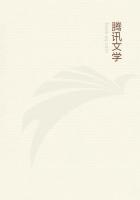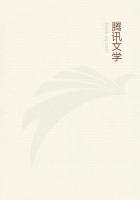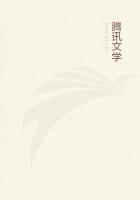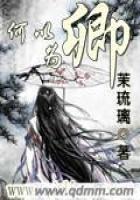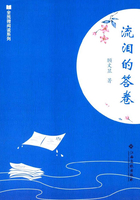National Assembly consenting, by dint of loyal Addresses, by management, by force of Bouille, to hear reason, and follow thither! (See Fils Adoptif, vii. 1. 6; Dumont, c. 11, 12, 14.) Was it so, on these terms, that Jacobinism and Mirabeau were then to grapple, in their Hercules-and-Typhon duel; death inevitable for the one or the other? The duel itself is determined on, and sure: but on what terms; much more, with what issue, we in vain guess. It is vague darkness all: unknown what is to be; unknown even what has already been. The giant Mirabeau walks in darkness, as we said; companionless, on wild ways: what his thoughts during these months were, no record of Biographer, not vague Fils Adoptif, will now ever disclose.
To us, endeavouring to cast his horoscope, it of course remains doubly vague. There is one Herculean man, in internecine duel with him, there is Monster after Monster. Emigrant Noblesse return, sword on thigh, vaunting of their Loyalty never sullied; descending from the air, like Harpy-swarms with ferocity, with obscene greed. Earthward there is the Typhon of Anarchy, Political, Religious; sprawling hundred-headed, say with Twenty-five million heads; wide as the area of France; fierce as Frenzy; strong in very Hunger. With these shall the Serpent-queller do battle continually, and expect no rest.
As for the King, he as usual will go wavering chameleonlike; changing colour and purpose with the colour of his environment;--good for no Kingly use. On one royal person, on the Queen only, can Mirabeau perhaps place dependance. It is possible, the greatness of this man, not unskilled too in blandishments, courtiership, and graceful adroitness, might, with most legitimate sorcery, fascinate the volatile Queen, and fix her to him. She has courage for all noble daring; an eye and a heart: the soul of Theresa's Daughter. 'Faut il-donc, Is it fated then,' she passionately writes to her Brother, 'that I with the blood I am come of, with the sentiments I have, must live and die among such mortals?' (Fils Adoptif, ubi supra.) Alas, poor Princess, Yes. 'She is the only man,' as Mirabeau observes, 'whom his Majesty has about him.' Of one other man Mirabeau is still surer: of himself. There lies his resources; sufficient or insufficient.
Dim and great to the eye of Prophecy looks the future! A perpetual life-and-death battle; confusion from above and from below;--mere confused darkness for us; with here and there some streak of faint lurid light. We see King perhaps laid aside; not tonsured, tonsuring is out of fashion now; but say, sent away any whither, with handsome annual allowance, and stock of smith-tools. We see a Queen and Dauphin, Regent and Minor; a Queen 'mounted on horseback,' in the din of battles, with Moriamur pro rege nostro! 'Such a day,' Mirabeau writes, 'may come.'
Din of battles, wars more than civil, confusion from above and from below: in such environment the eye of Prophecy sees Comte de Mirabeau, like some Cardinal de Retz, stormfully maintain himself; with head all-devising, heart all-daring, if not victorious, yet unvanquished, while life is left him. The specialties and issues of it, no eye of Prophecy can guess at: it is clouds, we repeat, and tempestuous night; and in the middle of it, now visible, far darting, now labouring in eclipse, is Mirabeau indomitably struggling to be Cloud-Compeller!--One can say that, had Mirabeau lived, the History of France and of the World had been different. Further, that the man would have needed, as few men ever did, the whole compass of that same 'Art of Daring, Art d'Oser,' which he so prized; and likewise that he, above all men then living, would have practised and manifested it.
Finally, that some substantiality, and no empty simulacrum of a formula, would have been the result realised by him: a result you could have loved, a result you could have hated; by no likelihood, a result you could only have rejected with closed lips, and swept into quick forgetfulness for ever. Had Mirabeau lived one other year!

